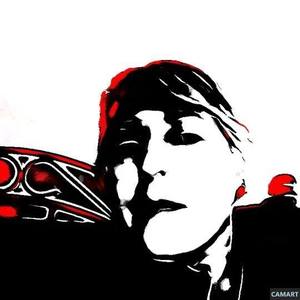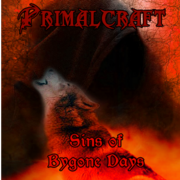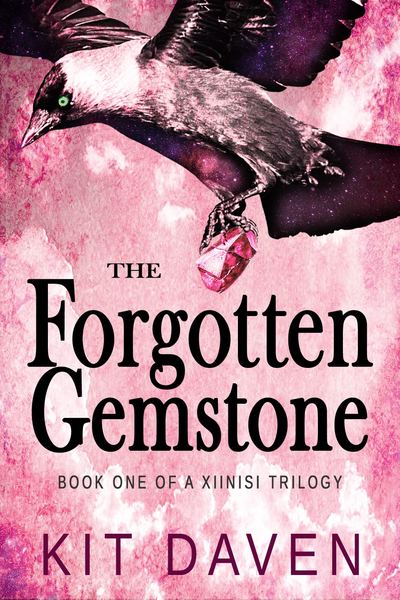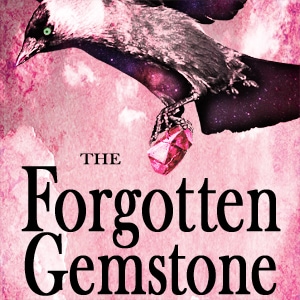Shadows expanded into distorted shapes, elongating as the folk they belonged to woke from their slumber. Those who had slept on Elishevera during the night rose to their feet, yawning and stretching. A crowd gathered below and began to climb and crawl over the petals. They reminded Ule of ants until they stopped to blink at the new dawn and to utter morning salutations.
Shielding her eyes, she noticed how the sun’s cool light obscured the pale skin of her raised arm, a contrast to those around her whose deeply bronzed faces reflected a myriad of hues.
“That’s a nutmeg,” she muttered. “And he’s a peppercorn.” Other spices came to mind quickly: paprika, turmeric, cumin, mustard. There were even folk pale as herself—a sprinkle of salt. If not for the low rumble in her belly, she wondered if she might have described their complexions another way.
Good morn’s rose from the maze of tents and shanties which wound around Elishevera—a spiral of chaotic sprawl which looked very wrong, in her opinion. Long ago, a tidy circle of pillars had surrounded the flower with pink marble walls, which marked the inner sanctum of a temple where libations were set upon altars and Priests and Mystics conspired against one another.
Nearby an older man ambled toward her.
“Who are you?” she asked him.
He grinned, nodded, and walked on.
She had heard many familiar words, ones that had survived the passage of time despite their distortions, yet there were many new words. She didn’t understand their meaning at first, but the more she listened, the quicker her mind could determine their meaning. Perhaps, she’d said something wrong, so she tried again and asked others the same question, adjusting her language to what she heard around her.
They murmured among themselves instead of answering, and Ule felt the curious sensation of being on display. Some examined her, gaping with wonder, while others shuddered and hastily wandered to the far side of the flower beast, wanting nothing to do with her.
“I am Ule,” she finally declared to a woman bound tightly in white linen.
The woman nodded, said her own name in return, but nothing more.
“Do you recognize me?”
The woman shook her head and, after an awkward silence, shouted at two children striking the flower beast with stones.
Ule’s stomach lurched at the stippled dents left behind in the shell of her friend. Elishevera deserved better than that, even during death. The sooner Ule made everyone aware of her, the sooner they would stop their desecration.
She told others her name, waited for them to recognize her.
“I’m Ule. Surely you must remember me.”
They muttered her name, shook their heads, frowned or patted her on the shoulder. The smoothness of their flesh simultaneously comforted and repulsed her, as she recalled a culture lesson from her youth, one she still refused to accept.
“The collective memory of the original inhabitants of a world will change over time,” her Master had told her. In other words, she shouldn’t expect any of her creations to remember her, their creator.
Determined to prove him wrong, to ensure her memory did endure, she had suggested to the inhabitants of Elish that statues be cast in her image and stories sung in her honour. Yet no matter how well she had tried to influence the ancient people, her efforts must have failed. No memory of her had survived to the present. She was a stranger.
Searing anger shuddered throughout her body, as she imagined her Master all smug and satisfied by the confirmation of his wisdom. More than ever, she needed Elishevera to be alive; to feel the caress of her petal; to entangle their minds in an effortless exchange of ideas, moods, and emotions; to laugh about the humans and the funny rules of conduct they made for themselves.
“I created all of you!”
If anyone heard Ule, they said nothing.
The swell of her emotions ebbed and peaked, then dipped low. Sagging, she called out to the flower beast again. “You were my last friend.”
“Be you well child?”
Coldness crept along her flesh as Ule regarded an older man craning a wrinkled neck toward her.
“Elishevera, what’s happened to her?”
“What do you say?” The man’s voice warbled. He shuffled toward her. “Here? Do you mean this statue, child? Why, it be here a very long time.” A deep, rattling sigh escaped his lips. “Perhaps it be here much longer than any of us can know.”
___________________________________
The Forgotten Gemstone, Book One in A Xiinisi Trilogy
© Kit Daven & Eager Eye Books, 2013.
All rights reserved. No part of this book may be reproduced in any matter whatsoever without permission in writing from the author, except by a reviewer, who may quote brief passages in a review or critical article.
This is a work of fiction. All characters, events, situations, and references portrayed in this story either fictitious or are used fictitiously.
Cover art by Sean Chappell, RedFracture.com.











Comments (0)
See all